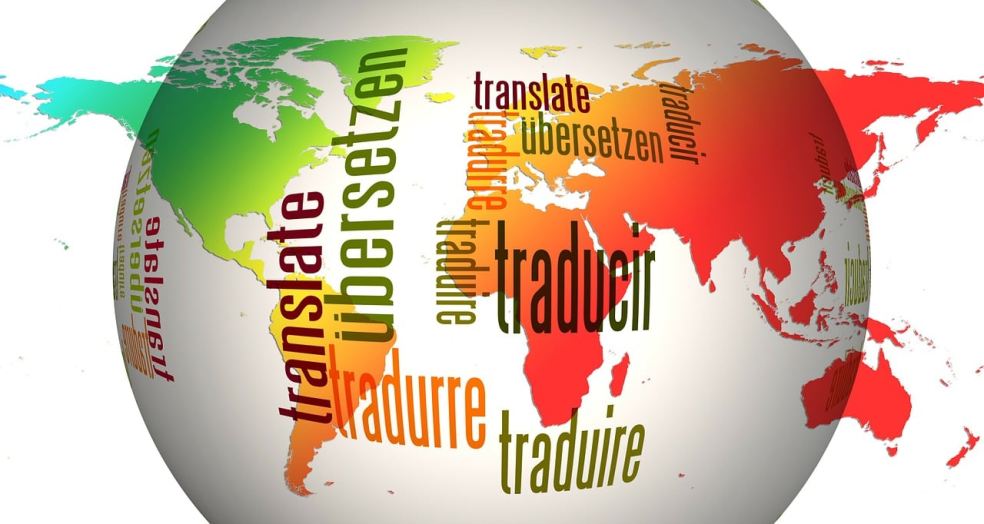
Breaking Language Barriers: How Academic Translations Empower Global Collaboration
Imagine you’re attending an international conference filled with brilliant minds from across the globe. You want to share your research, but language differences hinder your ability to connect and collaborate effectively.
Language should never be a barrier to sharing knowledge or fostering partnerships, especially in academia. This is where academic translations step in, paving the way for seamless global collaboration.
The Role of Academic Translations in Research
Academic translations serve as a bridge between researchers, allowing insights to flow freely across languages and cultures. When research is confined to one language, its reach becomes limited. Translating academic work expands accessibility, enabling more people to engage with your findings.
Whether it’s a groundbreaking scientific discovery or a sociological study, translations ensure that the knowledge is not lost in linguistic isolation.
You might think that translating academic materials is as simple as converting words from one language to another. However, it involves preserving technical accuracy, cultural nuance, and the intent of the original work.
Poorly translated content can lead to misunderstandings or misinterpretations, which could harm your credibility or the integrity of your work. Professional academic translation services ensure this delicate balance is maintained.
Empowering Collaboration Across Borders
Collaboration thrives when everyone speaks the same “language” of understanding. Academic translations enable you to collaborate with peers from different countries without language barriers holding you back.
Think about joint research projects, international conferences, or publishing in foreign journals – all these avenues become accessible through accurate translations.
The Importance of Credibility and Expertise
When selecting a translation service, expertise in the specific academic field is non-negotiable. Missteps in translating technical terms can derail your message entirely.
Organisations focus on delivering accurate and reliable translations tailored to the academic and professional needs of their clients.
By incorporating wes translation, these services ensure precise translations that uphold the credibility of your research while enhancing its global impact.
Breaking Stereotypes and Fostering Inclusivity
Academic translations also challenge the dominance of widely spoken languages in academia. Historically, English has been the primary language of academic publishing, leaving non-English speakers at a disadvantage.
By translating work into less dominant languages, you contribute to a more inclusive academic community. This diversity allows for richer, more varied perspectives that can lead to innovative solutions to global challenges.
Tools and Technology in Academic Translations
Advances in technology, such as machine translation, have made translation faster and more cost-effective. However, automated tools cannot match the precision and contextual understanding of a skilled human translator. For academic purposes, where accuracy and nuance are paramount, relying on professional translators remains essential.
Elevating Research to Global Standards
You might already be aware of how important it is to publish in high-impact journals to gain recognition. What you may not realise is how much language plays a role in this process.
Translations tailored for international audiences give your research the platform it deserves. It’s not just about reaching more readers; it’s about becoming part of a global dialogue where your ideas can influence and inspire.
A Future Without Boundaries
Breaking language barriers isn’t just about words; it’s about fostering connections and enabling progress. Academic translations empower you to share, learn, and collaborate without the constraints of language. As a result, you’re not just contributing to your field but to a global community of knowledge seekers.
If you’ve ever hesitated to share your research internationally, consider the transformative impact of academic translations. They’re more than a tool; they’re a gateway to boundless opportunities for collaboration and discovery.











